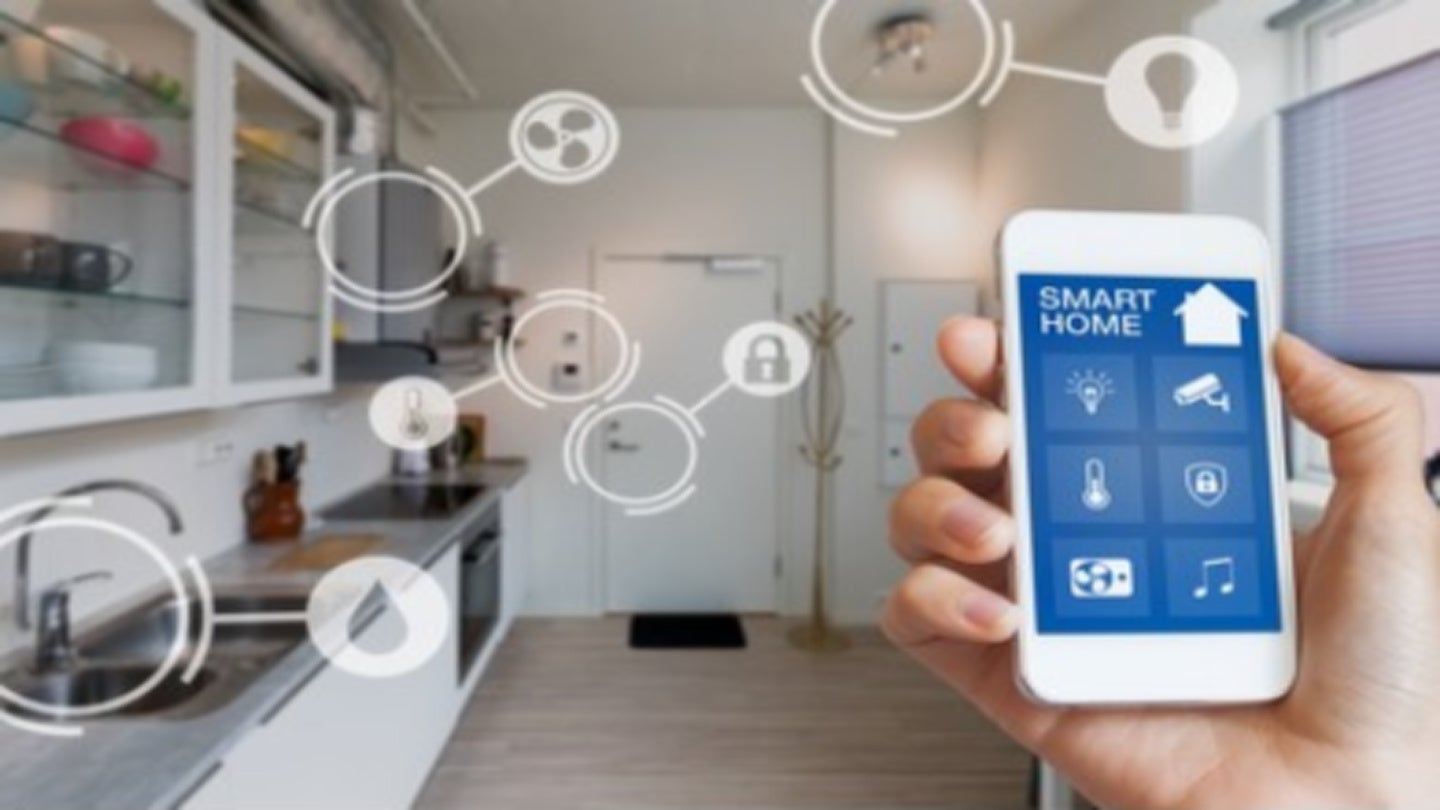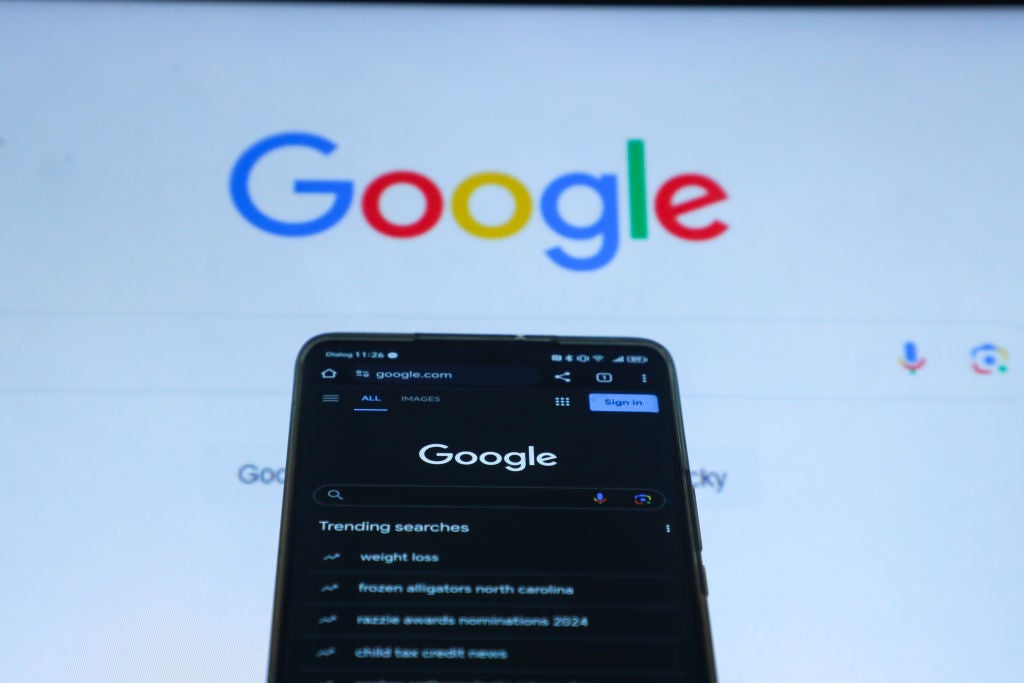
Adoption of the new smart home device standard called Matter is gaining momentum, with Amazon and Google recently making significant announcements within days of one another. Matter’s growing adoption promises plenty of upside for device makers and consumers.
Matter, a wireless IP-based standard developed over the past three years, was created to let smart home devices communicate with one another regardless of which hubs or smart home platforms they were built around. Matter is designed to end the technology silos that have reined in growth of the smart home market as developers have had to create devices for multiple ecosystems and consumers have had to choose their connected devices based on whether they work with Amazon Alexa, Alphabet’s Google Home, Apple HomeKit, or Samsung SmartThings.
Amazon and Google, along with, Apple, Comcast, and SmartThings, joined with the Zigbee Alliance, now known as the Connectivity Standards Alliance (CSA), in 2019 to begin work on the interoperable connectivity standard that became Matter. The CSA on October 4 released the Matter 1.0 specification and opened the Matter certification program, laying the groundwork for a growing bevy of product announcements.
Amazon taps Matter for 17 Echo devices
On December 19, Amazon announced the availability of Matter over Wi-Fi in 17 different Echo devices (which can act as Matter hubs to control a home’s smart devices) plus plugs, switches, and bulbs via Android setup. Amazon previously promised that in early 2023 it will also add compatibility with Apple iOS devices and Thread (a low-power wireless mesh network protocol for device communications), along with adding support for additional device types and remaining Echo and eero devices.
The company noted that although there are already more than 30,000 “Works with Alexa” devices that customers can use in their smart home, arrival of the Matter protocol will give consumers even more choice as Matter-enabled devices from different brands will work seamlessly alongside all those existing smart home devices created with Alexa in mind. Amazon has already crafted various tools that developers can employ to include Matter in their devices, and it is promising more announcements on that front during next month’s CES 2023 tech industry event in Las Vegas, Nevada.
Google Nest and Android devices are Matter-enabled
Amazon’s announcement arrived just four days after Google revealed that Google Nest devices and Android devices are now Matter-enabled, having been automatically updated so users should not need to intervene. Several Google Home or Nest devices can now double as a hub for Matter. Among other things, Google also added Matter support for Fast Pair on Android to make it easier to connect Matter-enabled devices to a home network, Google Home, and other smart home apps. Google also promised that 2023 will bring support for Apple’s iOS to the Google Home app.
How well do you really know your competitors?
Access the most comprehensive Company Profiles on the market, powered by GlobalData. Save hours of research. Gain competitive edge.

Thank you!
Your download email will arrive shortly
Not ready to buy yet? Download a free sample
We are confident about the unique quality of our Company Profiles. However, we want you to make the most beneficial decision for your business, so we offer a free sample that you can download by submitting the below form
By GlobalDataBack in October, Samsung and Google expanded their existing partnership to ensure that Samsung Galaxy phone and tablet users will be able to easily onboard Matter-compatible devices to both the Samsung SmartThings and Google Home ecosystems. Both companies have been working to smooth out the multi-admin feature, which is the key to simplifying cross-platform control.
More to come in 2023
Though Matter-enabled devices are just starting to trickle into the market, with new products displaying the Matter logo on the packaging or in the user manual, 2023 is when the floodgates should open. Shoppers will gain much more choice among smart home products because developers crafting Matter-enabled devices will not be restricted to supporting particular ecosystems. This, in turn, should translate into more price competition, helping stabilize, if not actually lower, smart home device pricing.







Related Company Profiles
Apple Inc
Alphabet Inc
Comcast Corp